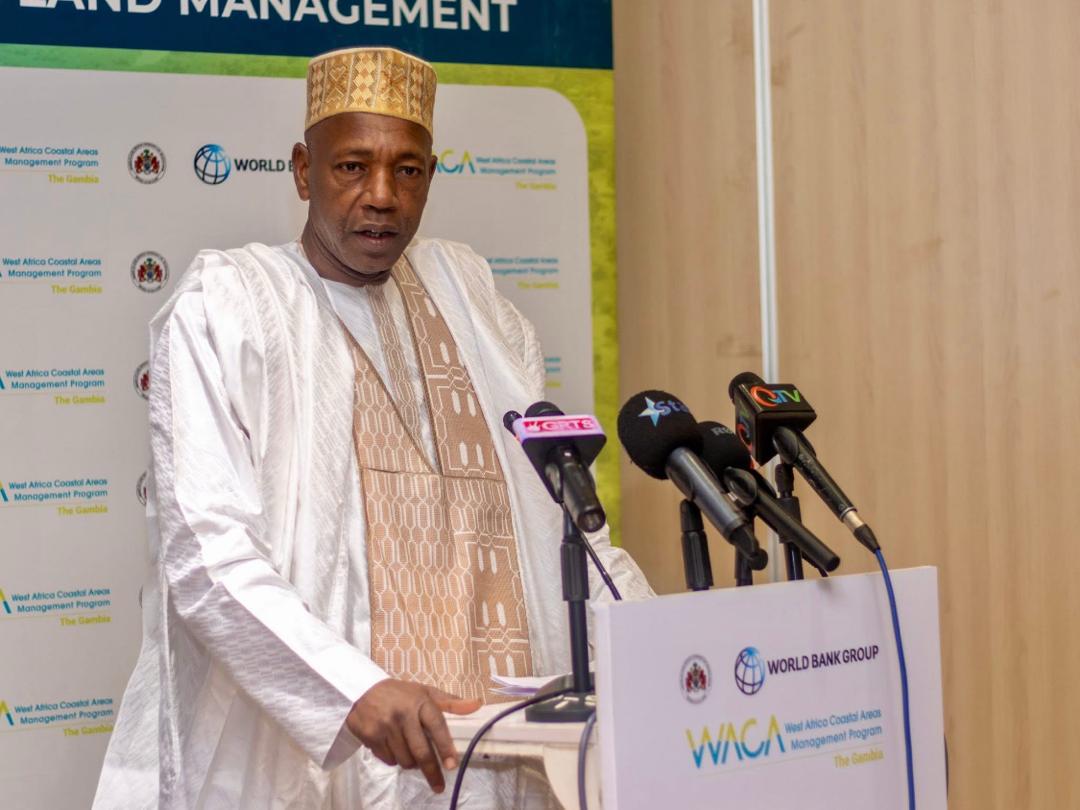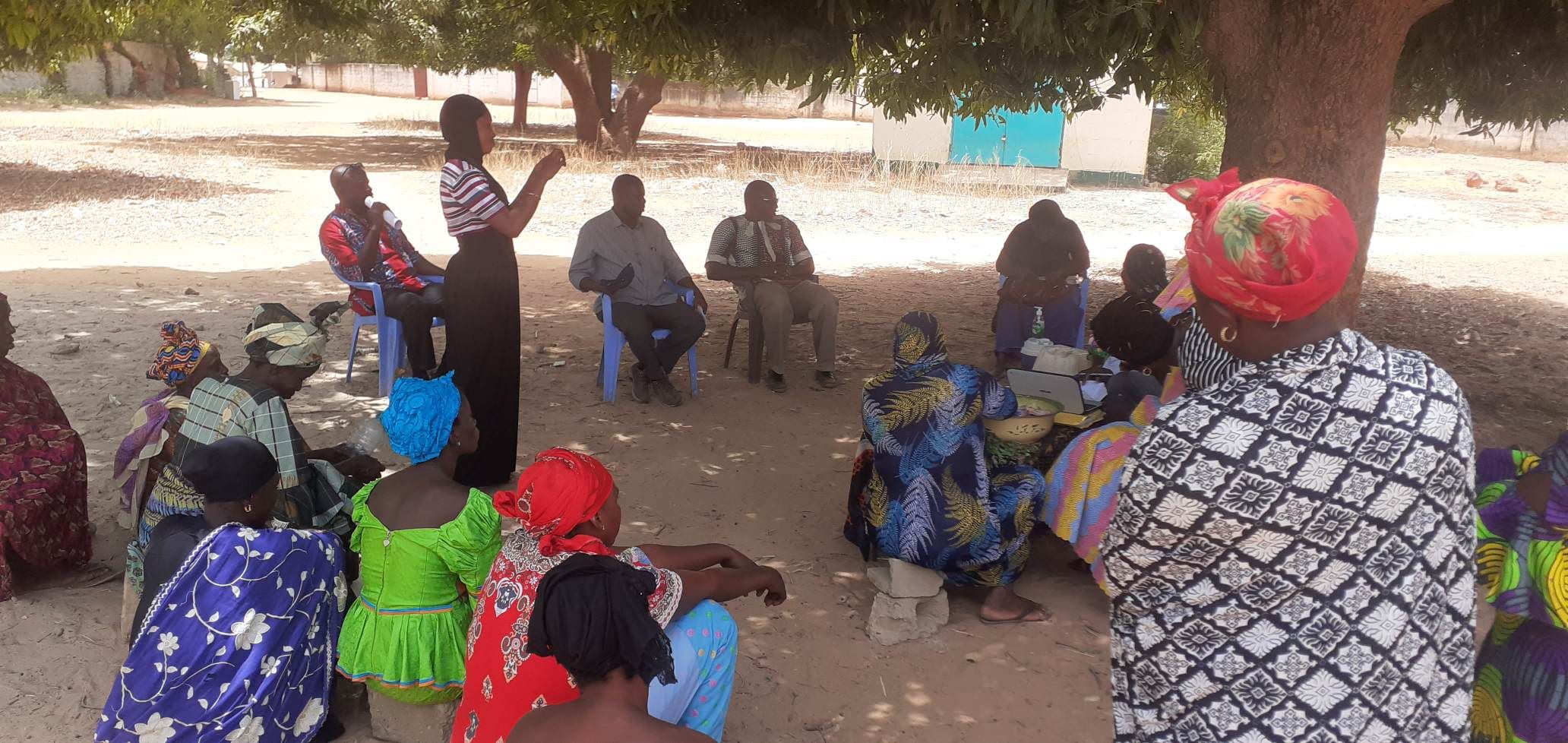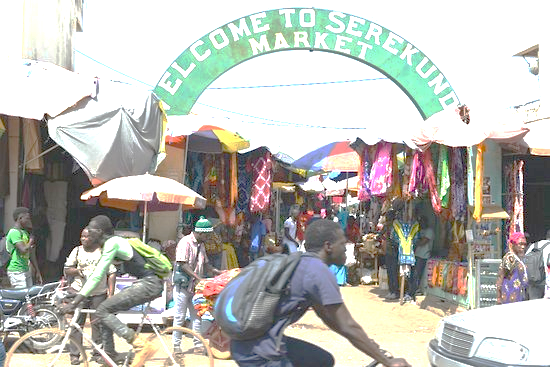By: Nyima Sillah
The Minister of Lands, Hamat NK Bah, has said that land title ownership is essential to move the country forward, highlighting the need for strategic planning and respect for official land documents.
He was speaking at the Sir Dawda Kairaba Jawara Conference Center on Tuesday during the national validation workshop of the first National Land Policy (NLP).
“Securing land title ownership is essential for national development,” Bah stressed at the event supported by the World Bank through the West Africa Coastal Area Resilience Investment Project.
“Land titles enable farmers and businesses to access loans and invest in growth,” he says, while urging the judiciary and government to protect land titles and crack down on illegal land grabbing.
He explains that the new land policy aims to prevent powerful individuals from unlawfully fencing off land by enforcing heavy taxes on such practices.
He described the reform as crucial for the country’s survival, noting that it transcended politics. He appealed to international partners like WACA and the World Bank for support to ensure full implementation of the policy.
Bah highlights that The Gambia faces serious land disputes, with 70-80% of court cases related to land. He warned that poor land use and conflicts threatened the country’s peace and development.
Camille Bourguignon Roger, Senior Land Administration Specialist at the World Bank Group, emphasized the importance of land administration in The Gambia’s economic development, sustainable growth, and social stability. He notes that the World Bank has supported The Gambia’s land administration efforts for over 70 years.
He commended the government for ensuring the National Land Policy reflected diverse societal views. He said that ongoing projects like the West Africa Coastal Areas (WACA) and the Gambia Inclusive and Resilient Agricultural Value Chain Development (GIRAV) were expected to complement these reforms.
Roger adds that the World Bank has committed approximately $10 million to support the policy’s development and its initial implementation, which will help trigger legal reforms, institutional changes, and improved land governance.
He assured continued support throughout the reform journey, reiterating the bank’s commitment to helping The Gambia build a more effective and equitable land administration system.
Dr. Muhammed Sanyang, WACA Project Coordinator, stated that the policy established a unified framework for land use, ownership, and management, aligned with the country’s development goals. He called on all stakeholders, including traditional authorities, civil society, the private sector, and citizens, to work together to implement the policy effectively.





